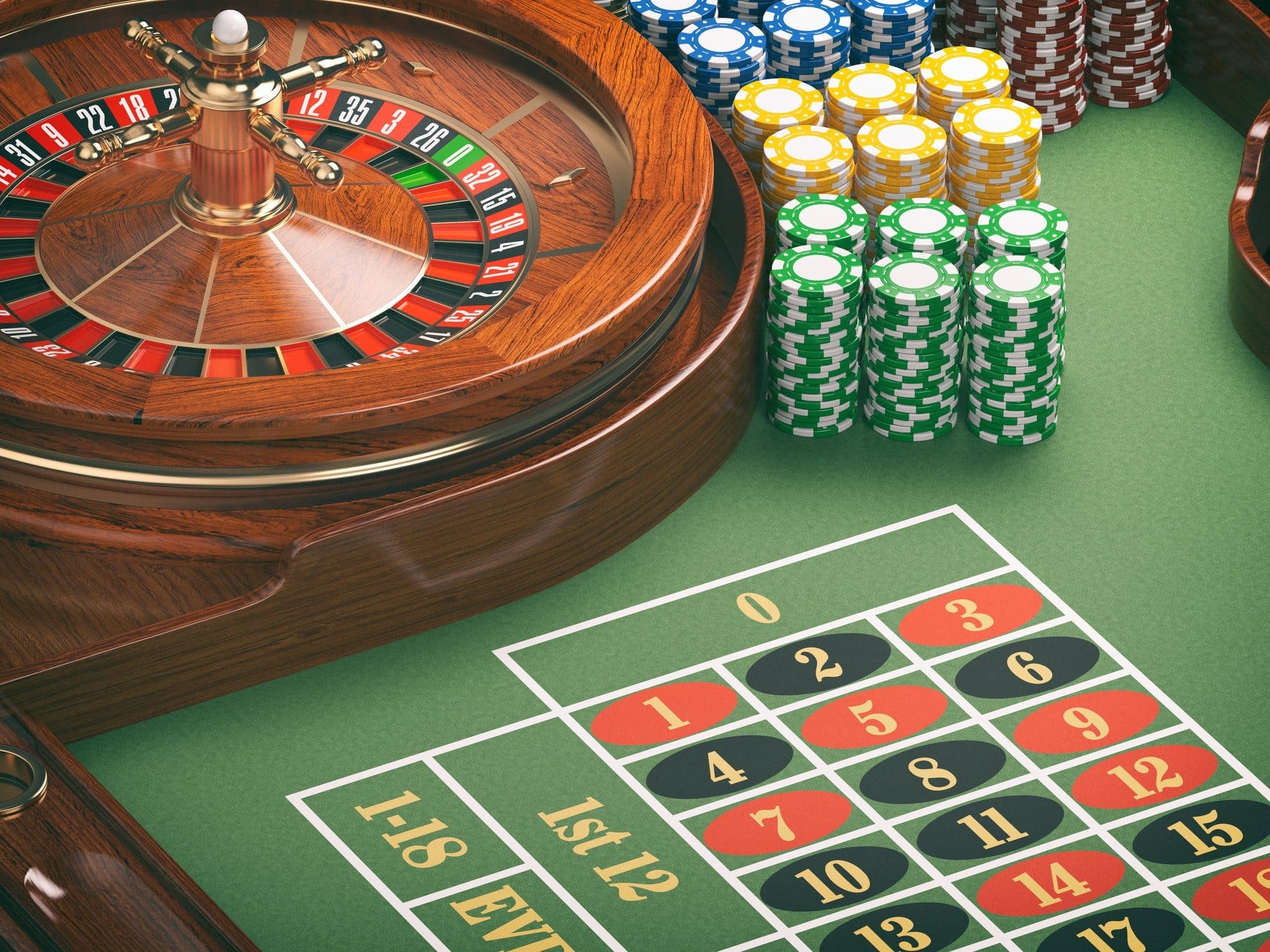
Within the dynamic world of gambling halls, where the atmosphere buzzes with excitement and the clinking of chips permeates the space, the role of a game dealer is both crucial and captivating. Each day, these experienced experts step into a world where fortune and tactics converge, leading players through the ups and downs of their chosen casino games. From table games like blackjack and texas hold ’em to the revolving wheels of roulette, dealers manage the action while making sure that each game operates smoothly and honestly.
As the day breaks on another busy day, a casino game dealer gets ready to dive in this dynamic environment. Their responsibilities extend beyond just dealing the cards or spinning a roulette wheel; they are also performers, customer service representatives, and guardians of the game regulations. Each shift brings new obstacles and experiences, making every day unique in the life of a dealer. This insider look will explore the day-to-day operations of a casino dealer, showcasing the skills and experiences that make this profession both thrilling and fulfilling.
The Role of a Casino Table Dealer
A casino game croupier is at the heart of the gambling experience, managing the progress of the game while making sure that players are engaged and entertained. Their primary responsibility is to oversee the table, which involves dealing cards, spinning the wheel, or handling the chips, depending on the type of game being played. Dealers must possess a thorough understanding of the regulations and regulations governing each type of game, while also upholding a friendly and approachable demeanor to enhance the gambling atmosphere.
In addition to managing the gameplay, dealers must also keep a close watch on the players and the surroundings around the table. This includes monitoring for any signs of cheating, making sure that everyone is following the guidelines, and resolving any disputes that may arise among players. Strong communication skills are vital, as dealers often provide explanations about the rules and mechanics and offer assistance to those who may be new to gambling games.
Furthermore, a dealer’s role extends past just the mechanical aspects of the play. They play a key part in crafting an immersive experience for the players. This requires building a rapport with patrons, being attentive to their wants, and often adding an element of entertainment into the play. It’s this mix of skill, vigilance, and people skills that makes the role of a gambling game croupier both demanding and rewarding in the dynamic world of casino games.
Daily Responsibilities and Challenges
One of the key responsibilities of a dealer in a casino is to manage the various games available at their table, guaranteeing a seamless and pleasant experience for players. Dealers must be proficient at distributing cards, handling chips, and maintaining the continuity of the game. This requires a sharp understanding of the rules of each game, from blackjack to roulette, and the ability to address players’ questions while keeping the game moving. Attention to precision is paramount, as dealers must monitor bets, disburse winnings correctly, and monitor any cheating or discrepancies at the table.
In addition to managing the game itself, dealers face challenges such as dealing with difficult players. The casino environment can be high-pressure, particularly during high-stakes games, and a dealer must remain calm and professional at all times. They need strong interpersonal skills to handle interactions with players who may be frustrated about losses or dissatisfied with the game’s speed. Handling these situations delicately is crucial in ensuring a friendly atmosphere on the casino floor.
Another major responsibility is upholding the integrity of the game. Dealers must be vigilant and observant, watching for any signs of collusion or cheating among players. This involves not only a strong knowledge of the games but also an awareness of human behavior. They must also adhere to the casino’s regulations and procedures, participating in regular training sessions to keep updated on rules and protocols. Balancing these responsibilities while providing top-notch customer service is what makes the role both difficult and fulfilling for a dealer in a casino.
Attributes and Traits for Success
A effective casino game dealer must demonstrate outstanding communication skills. This includes not just the ability to explicitly explain game rules and procedures to participants but also the capacity to interact with them in a cordial and competent manner. Fostering rapport with customers can enhance the gaming experience and encourage repeat visits to the casino. Proficient communication enables dealers to manage tables seamlessly while ensuring that players feel appreciated.
Furthermore, strong mathematical skills are essential for a dealer. Quick arithmetic are often required to follow bets, payouts, and game outcomes in real-time. A dealer’s ability to perform these calculations accurately and swiftly promotes to the overall efficiency of the game. This skill helps in maintaining the flow of play and in minimizing disputes or misunderstandings with players, which is crucial in a rapid casino environment.
Lastly, an ideal casino game dealer should show integrity and professionalism at all times. Trust is a crucial component of the gaming experience, and players must feel assured that the games are conducted equitably and clearly. A dealer’s dedication to upholding high ethical standards fosters a friendly atmosphere at the table and enhances the casino’s reputation. Being reliable in behavior ensures that dealers leave a lasting impression on guests, which can lead to a loyal customer base. nhà cái xo88